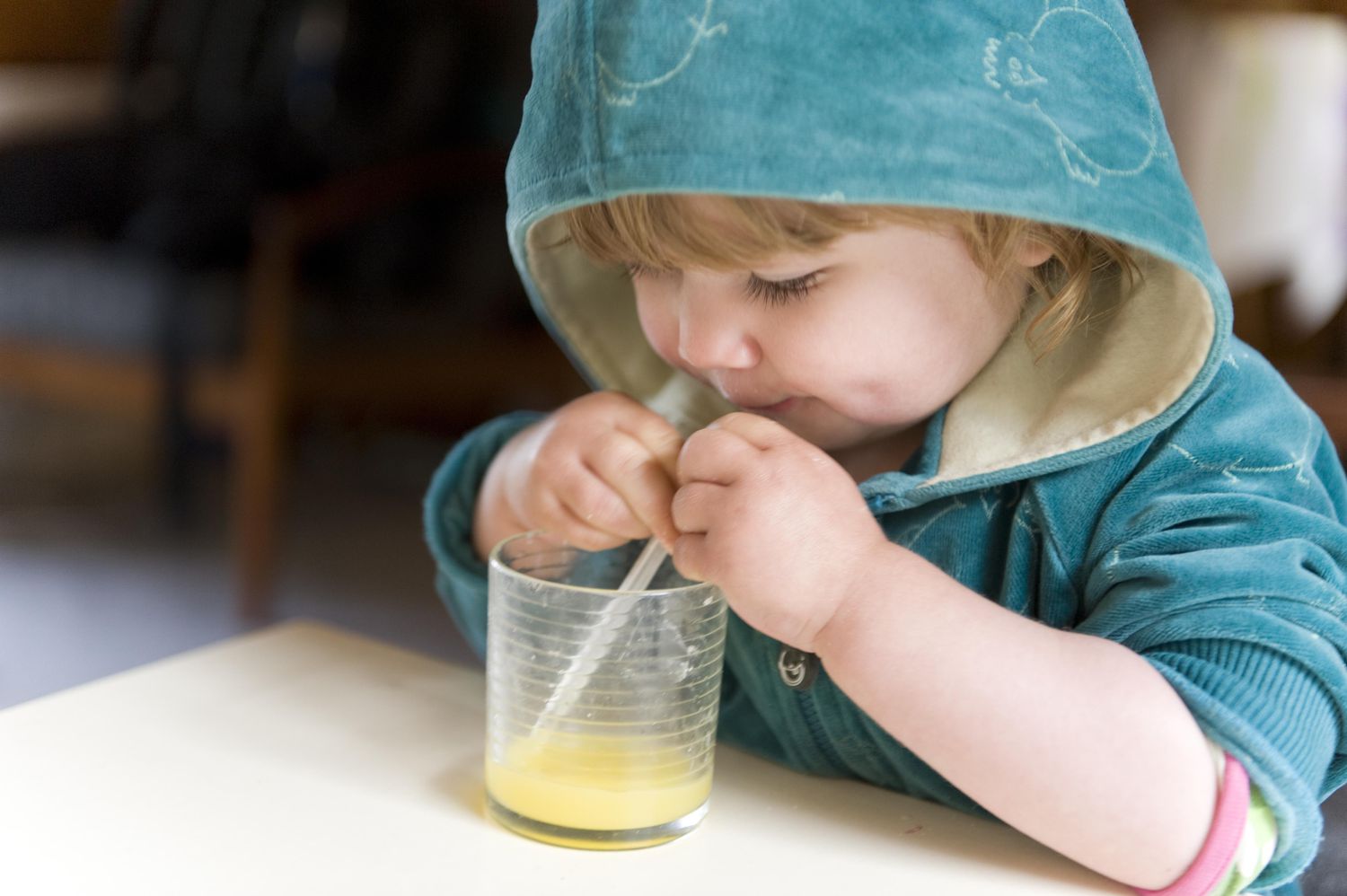Feeding Behavior of Flies: Flies, including houseflies, fruit flies, and others, have sponging mouthparts designed for feeding on liquid or semi-liquid substances. They cannot chew solid food. Instead, flies release saliva containing digestive enzymes onto food to break it down into a form they can ingest.
Regurgitation and Liquefying Food: Flies may regurgitate a mixture of saliva and digestive enzymes onto solid food to liquefy it. This process helps them pre-digest the food, making it easier to consume. However, the act of regurgitation doesn’t necessarily happen every time a fly lands on food.
Contamination and Disease Transmission: Flies are known to frequent unsanitary locations, including garbage, decaying matter, and feces, where they can pick up disease-causing bacteria, viruses, or parasites on their legs and bodies. When they land on food, they may transfer these pathogens, potentially contaminating it and posing health risks.
Fly Behavior and Landing Patterns: Flies exhibit erratic flight patterns and may land on surfaces briefly before taking off again. Their landing behavior isn’t always intentional, and they might land on various surfaces, including food, in search of moisture or nutrients.
Scientific Studies and Investigations: Scientific studies have explored the interactions between flies and food. Some research has shown that flies are more likely to deposit fecal matter rather than regurgitate saliva when they land on surfaces. However, the transfer of potential pathogens remains a concern regardless of the specific behavior.
Risk of Food Contamination: While it’s not accurate to state that flies regurgitate every time they land on food, the risk of contamination from flies remains a valid concern due to their unsanitary behaviors and potential for carrying disease-causing microorganisms.
Food Safety Measures: To reduce the risk of contamination by flies, it’s crucial to practice good hygiene and food safety measures. This includes covering and storing food properly, maintaining clean kitchen environments, and preventing fly access to food preparation and consumption areas.
Public Health Awareness: Public health authorities emphasize the importance of minimizing contact between flies and food to reduce the risk of foodborne illnesses. Protecting food from fly contamination is essential, especially in areas with a higher prevalence of disease-causing pathogens.
Mitigating Risks and Precautions: While the perception of flies vomiting on food might not be entirely accurate, the potential for contamination remains a concern. Taking precautions to prevent fly access to food, promptly discarding contaminated food, and practicing good hygiene are critical for food safety.
Conclusion: In conclusion, while flies may regurgitate saliva containing digestive enzymes onto food to aid in feeding, the belief that they vomit on food every time they land is not entirely accurate. However, their unsanitary behaviors and potential for carrying pathogens highlight the importance of preventing fly contact with food to minimize the risk of contamination and foodborne illnesses.
Understanding fly behavior and taking proactive measures to protect food from potential contamination by flies are crucial for ensuring food safety and reducing health risks associated with fly interactions with human food sources. Promoting hygiene, proper food handling, and maintaining clean environments remain essential practices in minimizing the risk of foodborne illnesses.



